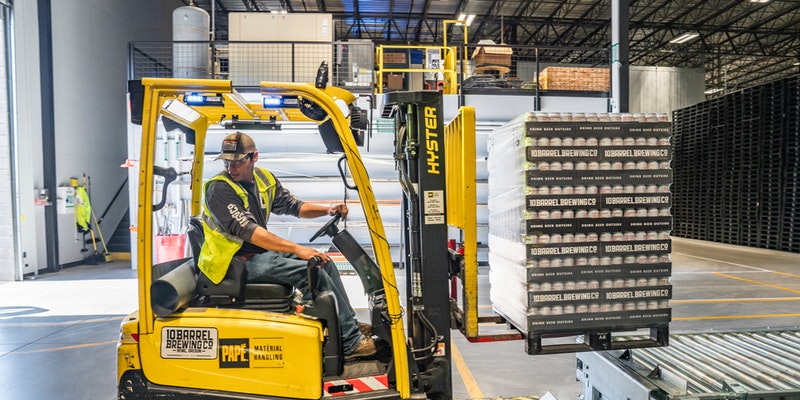The best way to ensure that the manufacturing process is profitable and that the costs do not outweigh the benefits is to minimize labor costs constantly. Here are some strategies to reduce labor costs while increasing production levels;
Training
The best way to ensure that labor costs remain low while improving output is to have highly trained personnel. A production plant with the proper labor force ensures that a particular process rarely happens twice. You save more money when there are fewer instances where the work needs to be repeated more than once.
The other aspect of training is to ensure that you hire appropriate people for their roles and there is little transfer or sharing of duties. This move makes the staff specialize in their field and thus has better output. You can regularly organize training seminars to ensure that the employees are up to date with emerging and innovative new trends in their respective fields. Combining these efforts will decrease labor costs without compromising the production levels.
Automation
Contrary to popular opinion, technological advancements, especially machinery, need to be embraced to boost productivity. Most people will be against automation of the production process because it is viewed as a replacement for human labor. However, this is not wholly true because the machines work best with human input and make the workload more manageable and of higher quality. A turning center is an excellent addition to a company that deals in drilling and milling works because it does the job accurately the first time.
The company should also automate the payroll to include overtime and other relevant additions or deductions. The employees will be paid on time, which boosts morale and increases dedication to one’s work. An automatic biometric clock should be used to log in when an employee reports for work. This system also inhibits punching in for late or absent employees because it inflates the payroll figures, which drives up labor costs and decreases production. Another aspect of automation is outsourcing repetitive tasks such as data entry and cleaning because it is usually cheaper than hiring an entire department to take on these roles.
Vacations and Leave
A commonly undermined way of increasing productivity is the value and reward system. Employees are more likely to put in more hours and have fewer absent days if they have a reward to look forward to, such as paid sick-off days and vacations. It can be standard practice to ensure that the workers who do not use up their leave days are compensated well, and the leave days can be used up in any way the employee deems fit. This system gives power back to the employees as they can control themselves better and reduces the incidences of them lying about being sick. The fewer the employees not present at a time and the happier the employees, the more output they have when at work.
Evaluations
A company must keep re-evaluating its costs, especially labor, to ensure that they remain profitable and stay afloat. Employees are better placed to do their work more accurately and go above and beyond the normal scope of duties when they are compensated well. A company that pays well has fewer employees quitting and can thus maintain a regular flow of work. Regular performance appraisal can effectively show which areas are unnecessarily leaking costs and how they can be amended.
Information and Resolutions
Conflict is not only terrible for the morale of the company staff but also directly affects the production levels. Disagreements are expected and even encouraged in the workplace because they foster different and new ideas. However, extreme conflicts and rivalries affect the workflow and lead to less than stellar output. Swift action needs to be taken when disputes turn hostile because communication between the different departments is relevant to boosting production.
Reducing staff turnover helps keep things moving, and one way to ensure this is to create an environment where employees can talk freely. It is incredible the ideas that can be fostered when employees participate in the company’s growth strategy. In most cases, the employees will know which areas need improvement and fixing, which saves the costs of hiring someone to find the problem. The ideas and solutions generated make the company reap more benefits and increase production without added costs.






rybelsus http://rybelsus.tech/# Rybelsus 7mg
buy semaglutide online
Thanks for sharing. I read many of your blog posts, cool, your blog is very good.
Thanks for sharing. It’s first quality.
Good blog you be undergoing here.. It’s hard to espy elevated worth script like yours these days. I truly respect individuals like you! Go through guardianship!!